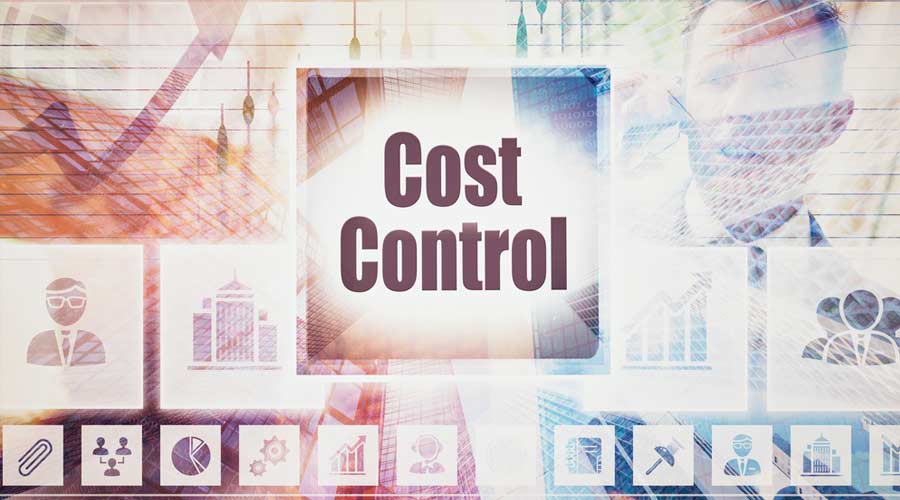
Throughout this report, we’ve looked at a number of areas where the cleaning industry is likely to develop over the next 12-24 months. Whether it’s better sustainability, more robotics or hiring people, the golden thread that runs through them all is cost. The commercial considerations of doing any of these things.
Raw Materials and Rising Costs
As we came out of the back of COVID-19 supply chain disruption, Ukraine was invaded causing more, and different, supply chain issues. Reliance on gas and crude oil in manufacture, as well as in energy, has led to another year in which the logistical operations of companies on the continent, and further afield, have been disrupted. The increasing costs of sourcing materials and transporting them internationally, or intercontinentally, has had a significant impact on pricing, that is only exacerbated further by global rises in interest rates.
Restricted relations with Russia have had a knock-on effect with technological developments and distribution methods through a limitation on precious mineral resources. A Deloitte report soon after the conflict commenced identified that:
Russia is a significant source of many of the 35 critical minerals that the U.S. Department of the Interior (DOI) deems vital to the nation’s economic and national security interests, including 30 percent of the globe’s supply of platinum-group elements (including palladium), 13 percent of titanium, and 11 percent of nickel. Russia is also a major source of neon, used for etching circuits on silicon wafers. Palladium, a critical component of catalytic converters for cars, has climbed as much as 80 percent in price since the conflict started.
As a result of gas supply restrictions, heating and other energy costs have consistently risen across the year and in many jurisdictions, governments and other authoritative bodies have had to step in to ensure that runaway pricing does not cause wider devastation for citizens and business alike.
Unlike governments who can pass the cost off elsewhere, businesses are unable to pass all of their increased costs on to their customers. Profit margins have thinned, and operational cuts have been made. As the issues of material and energy supply continue into the coming year it is likely that more costs will have to be passed on to customers, alongside other cuts to operation and activities.
How Can Better Cleaning Help?
Over the next 12-24 months businesses will need to refocus on how they undertake different parts of their operations to deal with rising costs. As a part of operations, smart cleaning presents a variety of ways in which businesses can be more efficient and more cost effective.
Wherever there is resource use, be it cleaning agents, power for machines, water or other repeat costs, taking on processes or machinery that not only maximize utility of those resources, but also allow a business to understand their usage, is going to be critical. As cost increasingly becomes the overwhelming factor in purchase and operation decisions, the transparent value a product brings meets that consideration head-on.
The ability to clean during the day, either through reworked cleaning processes or the adoption of smart technology will reduce operational hours where buildings need to be heated and powered. If cleaning processes can be timed to finish at the same time as main operations end, the building can be closed for the day then, rather than running on a few more hours to encompass cleaning an empty building.
Technology will also allow for greater efficiency that protects revenue and other operational considerations. Machines and systems that are able to sense when something needs cleaning or not, allows dynamic reallocation of resources and personnel.
2023 and beyond will see rising costs and businesses moving to account for their costs in any way they can. Cleaning as a process is still essential for many in a post-pandemic world, but it can also support businesses with smarter, more efficient ways to work. So more businesses will look to efficient energy and resource saving cleaning processes that can reduce their ongoing costs, to counter rising costs in other areas.
Robert Stelling is the Director Interclean Global Events at RAI Amsterdam. To download this full report, click here.
The Power of Robotic Cleaning

 The Down and Dirty on Cleaning in Virus Season
The Down and Dirty on Cleaning in Virus Season How Surfactant Use is Expanding in Commercial Cleaning
How Surfactant Use is Expanding in Commercial Cleaning Operational Excellence Series 2025: Labor Strategies
Operational Excellence Series 2025: Labor Strategies
